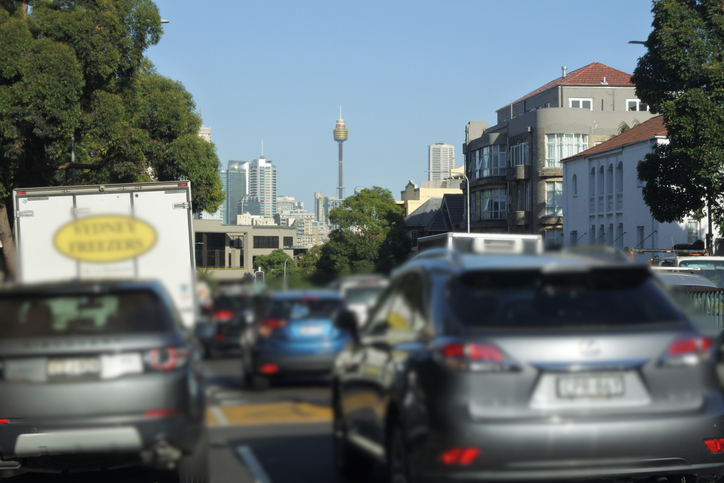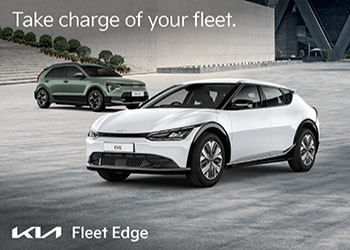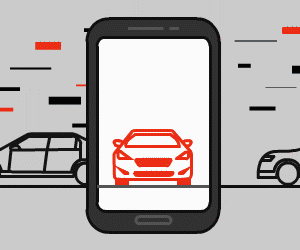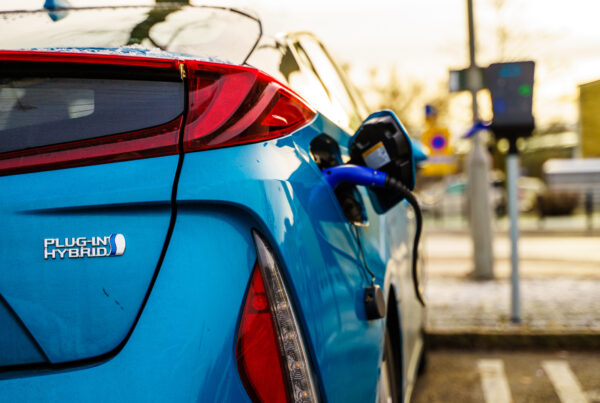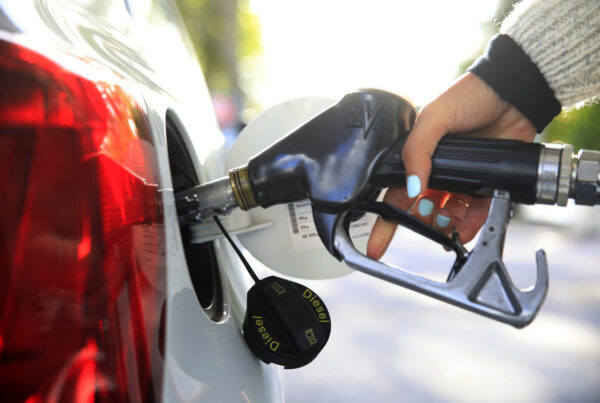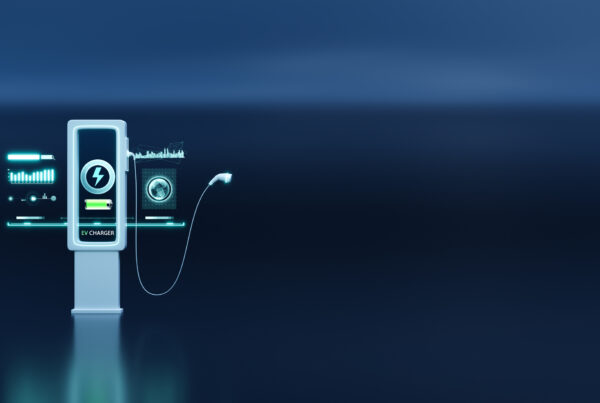Sales of new petrol and diesel cars should be phased out in Australia by 2035 to help cut carbon emissions to net zero by 2050, according to findings from a new report from the Gratton Institute.
The report has called for significant tax breaks on electric vehicles (EVs), citing that a national fleet takes more than 20 years to replace – and vehicles sold after 2035 could still be in operation after 2050 if changes aren’t put in place now.
“The best policy would be an economy-wide emissions price. But we need to accept the regrettable reality that neither side of Australian politics is going to introduce an emissions price any time soon,” the report said.
“Net zero by 2050 is a tough target. It requires concerted government action, starting now.”
Other recommendations made by the report include:
- Governments should make zero-emissions vehicles cheaper and make it easier for drivers to charge their electric cars at home, at work, and on the road.
- Zero-emissions vehicles should be exempt from stamp duty, import duty, and luxury car tax.
- Scrapping stamp duty would cut the cost of new electric vehicles in Australia by up to 6.5 per cent.
- Removing import duty would give Australians a greater range of zero-emissions vehicles and cut the upfront cost of some models by a further 5 per cent.
- Exempting zero-emissions vehicles from luxury car tax would cut the cost of many of the electric models available in Australia today.
- To ensure drivers don’t have to worry about where they can recharge their electric car, governments should require all new buildings with off-street parking to include electrical cabling to allow for an appropriate number of future vehicle chargers; require all leased dwellings with off-street parking to have at least one electrical outlet near the car park by 2030; and ensure convenient, local vehicle charging is available by 2030 for all residents of homes without off-street parking.
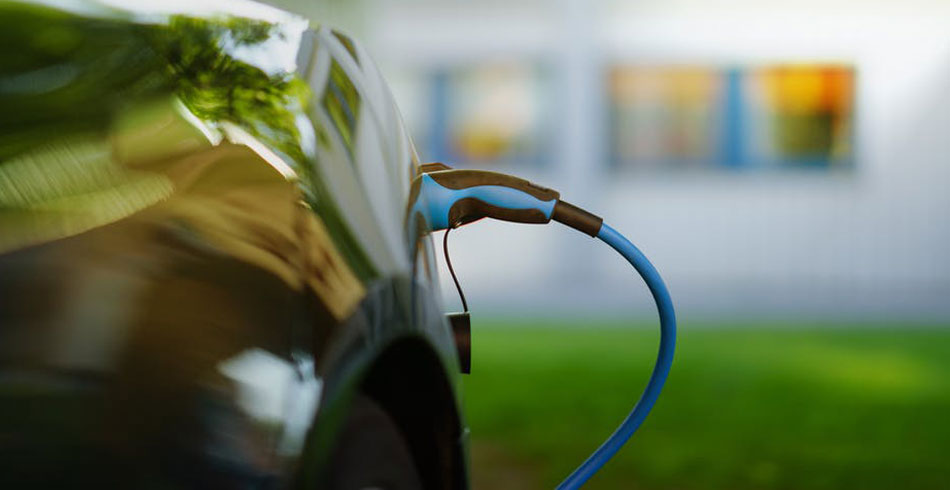
Encouraging drivers to make the switch to electric vehicles continues to be an uphill battle, with just 526 EVs sold in Australia across June this year – a miniscule 0.5 per cent of 110,664 total sales.
The report is the first of a series of five reports Grattan will publish in the lead-up to the international climate conference in Glasgow in November, with the independent think tank hoping to provide insights into how Australia can build momentum towards net-zero carbon emissions by 2050.
“The transport sector is responsible for nearly 20 per cent of Australia’s emissions, and more than 60 per cent of transport emissions are from light vehicles (including the two most popular cars in Australia, the Toyota HiLux and Ford Ranger),” the report said.
“So the best way to cut transport emissions is to supercharge the switch to electric cars.”
Read the full Towards Net Zero: Practical Policies To Reduce Transport Emissions publication here.

